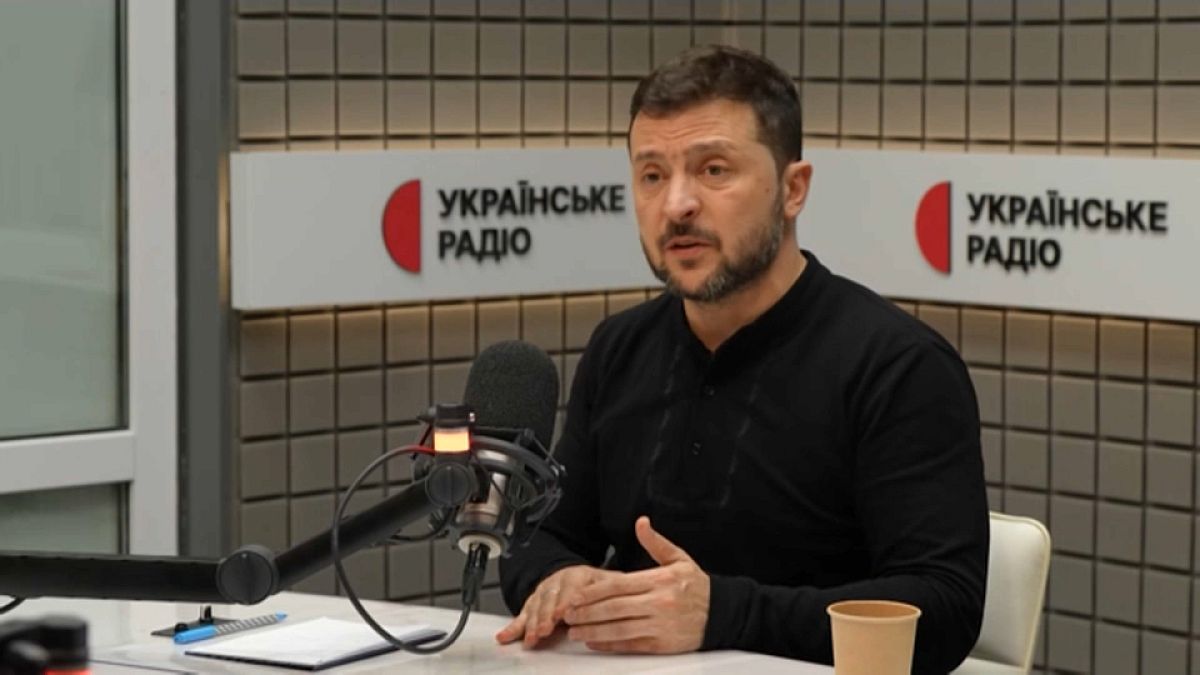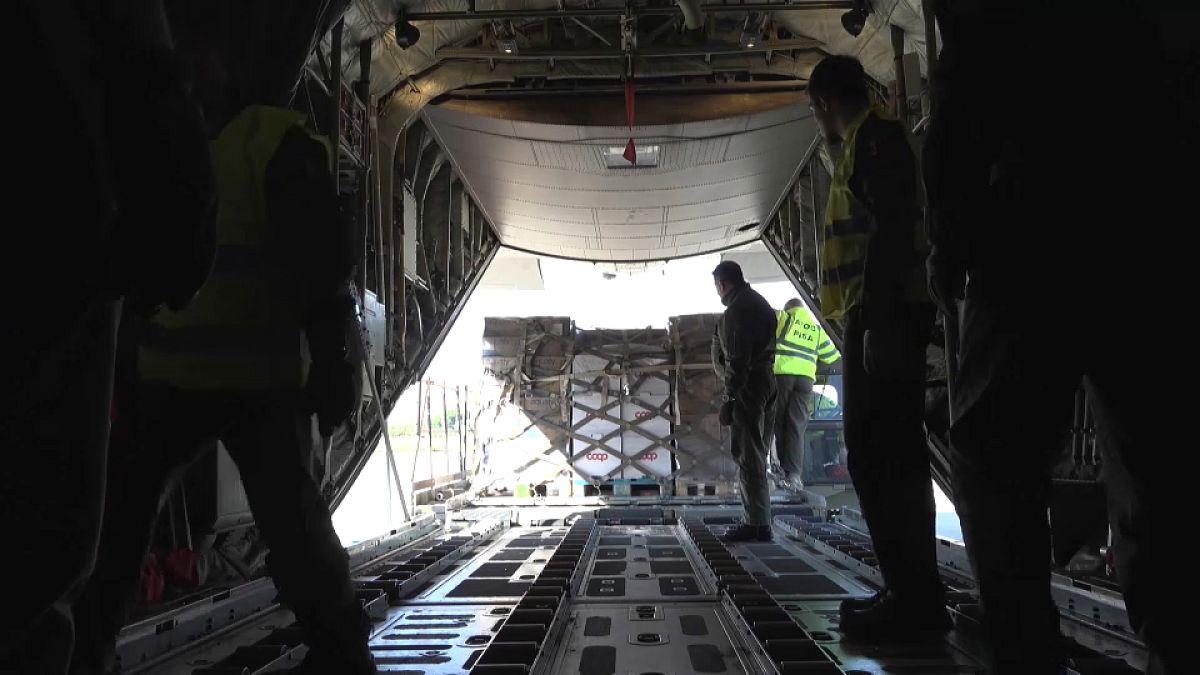Key points
- A list of 149 projects will soon be able to apply for a fast-tracked consent, including housing, infrastructure, energy, mining and other projects.
- The Government argues the fast-track approvals process is needed to slash red tape and to help get projects moving faster.
- Critics argue there are major environmental concerns with the process and that there’s the potential for conflicts of interest.
The Government has unveiled a list of 149 projects that will be allowed to apply for fast-tracked consents, under the coalition’s proposed new approvals process.
The list of projects is wide-ranging, spanning from a major redevelopment of Auckland’s Eden Park to new mineral mines on the West Coast.
Of the 149 projects, 58 were categorised as being for housing and land development, 43 for infrastructure, 22 for renewable energy, 11 for mining, eight were related to quarrying, and seven were categorised as aquaculture and farming projects.
Inclusion on the list does not necessarily mean all the projects will be built.
The list of projects is wide-ranging, spanning a major redevelopment of Auckland’s Eden Park to new mineral mines on the West Coast. (Source: 1News)
Regional Development Minister Shane Jones said the projects selected by the Government had been through a “thorough and robust process”.
But Labour has hit out at the list of projects, claiming fast-tracked mining projects would “wreak havoc on our natural environment” and “undermine our clean-green reputation”.
Jones said: “The 149 projects selected by the Government have significant regional or national benefits. They will make a big difference in the regions by delivering jobs and growth and develop a pipeline of major projects to help boost the economy.
“The projects have been selected through a thorough and robust process which included an open application process run by Ministry for the Environment, analysis by officials, an independent assessment and recommendations process by an independent advisory group, and final decisions by Cabinet.”
Once the Fast Track Approvals Bill has passed, developers will be able to apply to the Environmental Protection Authority to have an expert panel assess their project.
Cabinet’s approved list has been whittled down from a total of 342 projects, originally recommended by an independent advisory group, in order to “better reflect the capacity from expert panels to assess and consent these projects,” according to Bishop.
Jones said expert panels would “function much the same way as the Covid-19 fast-track legislation established by the previous government”.
“Expert panels will include members with technical expertise relevant to a project, expertise in environmental matters, and where relevant, conservation, and the Treaty of Waitangi.”
The March for Nature protest, organised by a range of environmental groups, calls for the Fast-track Approvals Bill to be withdrawn. (Source: 1News)
It follows a backing down from the Government on key parts of the legislation in August, which had originally given ministers the final say on listed projects. The planned fast-track process has been the subject of concerns from environmentalists and iwi groups.
Critics argue the coalition’s bill created ministerial conflicts of interest, lacked environmental protections and threatened native species. The Government has argued its changes to the bill assuage those concerns.
Thousands of protesters marched against the fast-track legislation in June.
Labour’s acting environment spokesperson David Parker said today those protesters will have a “right to be disappointed”, pointing to mining projects listed by the Government.
“The coalition Government has just confirmed a line-up of projects that could wreak havoc on our natural environment,” he said.
“We’ve seen worrying cases like the Ōhinemuri River turning orange due to arsenic from an old mine. Dozens of other contaminated sites, many from mining, are still waiting to be cleaned up at the cost of New Zealanders, not the polluters.
“More than 100 projects were approved under Labour’s version of fast track without overriding environmental laws. This included projects for renewable energy, transmission, housing, roads and retirement villages.”
The Environment Select Committee is expected to report back on the bill in mid-October.
Govt highlights range of projects
Jones said the fast-track process would help “cut through the red and green tape that has made it more and more difficult to build the projects New Zealand needs”.

He said: “For example, the 44 listed housing developments will enable up to 55,000 new homes to be consented in New Zealand’s major growth centres and across our regions, playing a significant part in addressing New Zealand’s housing crisis.”
Inclusion of projects in the list means developers have the option of applying for their projects to be fast-tracked, however, it does not necessarily mean they will all go ahead.
The Regional Development Minister also pointed to other transport, aquaculture, farming, quarrying, mining and renewable energy projects listed in the legislation.
It would get big projects off the ground more quickly but could be a bone of contention within the coalition. (Source: 1News)
“Our regions and the New Zealanders living in them have enormous potential, and the fast-track projects, freed up from stifling consenting processes, are another change that is giving them back the wings they deserve.”
The full list of projects
The Government released a full list of projects it wanted to see fast-tracked in a document released earlier this afternoon.












